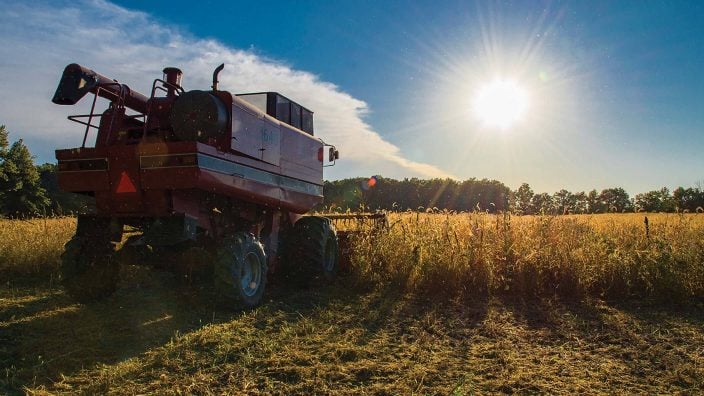Applications for Ohio Farm Bureau Health Plans now available
Members have three ways to apply: contacting a certified agent, calling 833-468-4280 or visiting ohiofarmbureauhealthplans.org.
Read MoreThe following information is provided by Nationwide, the No. 1 farm and ranch insurer in the U.S.*
Farm transition planning isn’t something many farm families want to discuss. The process that creates a blueprint for a farm’s future is often an emotionally charged issue, especially when family farmers face the challenges of relinquishing control to the next generation.
Some farm families use a gifting strategy to pass on assets. Gifting can have massive tax implications, especially when tax laws seem to change every few years. Financial, tax and legal professionals should be consulted prior to gifting assets as a part of your transition strategy, but families can begin by considering several pros and cons to this transfer method.
While holding off on gifting assets like land or equipment until death currently helps cut out capital gains taxes from an intergenerational transfer, the estate tax can create its own challenges, especially given that the current $11.7 million exemption for 2021 is slated to revert to an amount roughly half that in 2026. (Source) For large farm estates, gifting some assets now may help ease the overall tax burden of both parties involved in the process.
Many farmers have an incentive to hold on to highly-appreciated assets like farmland because of the step-up in basis that occurs at death. If land or equipment are gifted during one’s lifetime, the same doesn’t apply, and that could lead to tax issues down the road.
“A party receiving gifted assets during life will not receive a step-up in basis. The cost basis in assets that are gifted carries over to the new party. This could result in large capital gain taxes for some items sold by the recipient,” said Ryan Patton, JD, MBA, of Nationwide’s Advanced Consulting Group. “If the gift is made to the receiving party after the death of the owner, the basis in that asset is reset based on the executor’s assessment of its current fair market value. This step-up in basis allows the receiving party to now sell that asset potentially free from capital gains tax.”
Most farmers rely on loans to cover operating expenses and capital improvements to their operations. And a farmer’s ability to secure those loans may be improved after taking ownership of recently gifted farm assets.
“Farming is a capital-heavy venture, generally requiring loans on a yearly basis for operations. For a farmer, this may mean using your farmland as collateral for a loan. These operating loans may be challenging to receive if that farmer does not have collateral to secure the loan,” Patton said.
Not all farm transitions are smooth. Some may involve conflict and tension when the next generation makes management decisions the senior generation may not agree with.
“When an asset is gifted, it is no longer in the senior farmer’s control. It’s important to consider how family friction could impact the farm’s financial success.” Patton said.
With so many variables surrounding gifting assets during a farm transition, no two operations will go through the same process. Before considering a gifting strategy, consider its impacts with help from qualified professionals.
Get connected to professionals that can help answer your transition planning questions at Nationwide.com/YourLand.


Members have three ways to apply: contacting a certified agent, calling 833-468-4280 or visiting ohiofarmbureauhealthplans.org.
Read More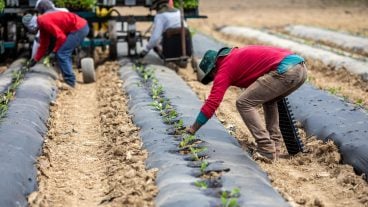
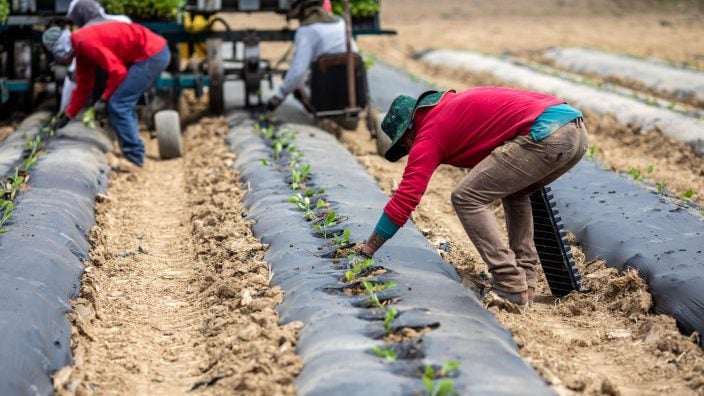
A recent state budget fix and a federal rule reform to H-2A have resulted in some relief for farmers who use the guest worker program.
Read More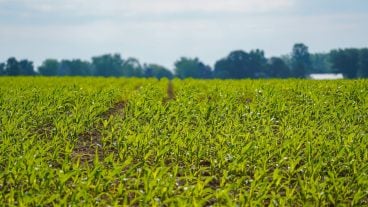
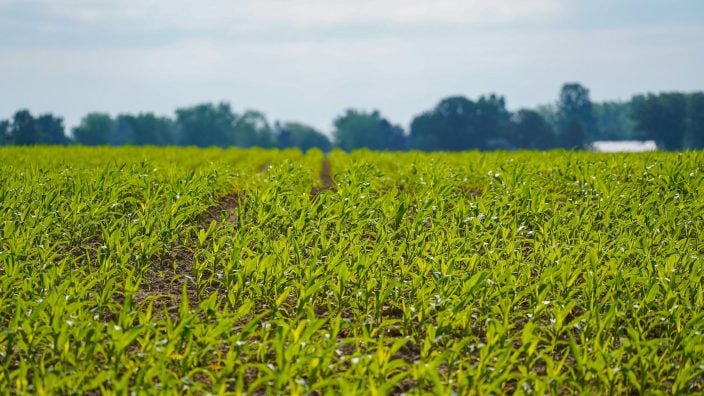
Ohio Farm Bureau advocated for a change in the law to allow family members and employees to handle pesticides while under the supervision of a licensed applicator. The rules around HB 10 are being finalized.
Read More
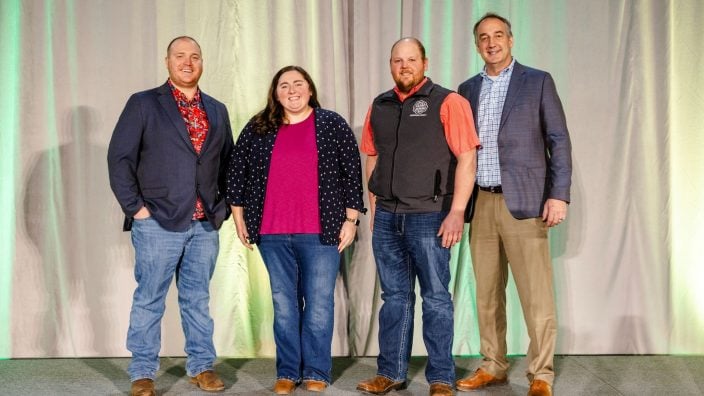
Lincoln Deitrick was named the Outstanding Young Farmer, Denver Davis won the Excellence in Agriculture Award, and Margaret Houts won the Discussion Meet.
Read More

Michelle Downing of Franklin County has been named finance director of county operations for Ohio Farm Bureau.
Read More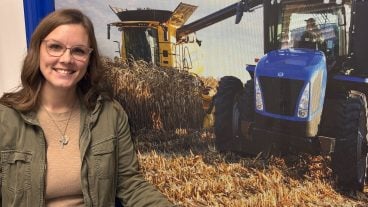
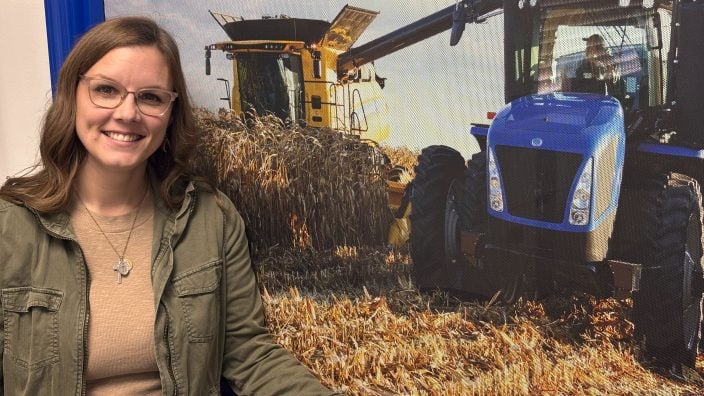
Remember why you joined Farm Bureau and find others that want to join for the same reasons. ~ Alicia Weaver
Read More

Four property tax reform bills were signed into Ohio law at the end of 2025. Ohio Farm Bureau Associate General Counsel Leah Curtis breaks down the bills and what the changes mean for Ohioans.
Read More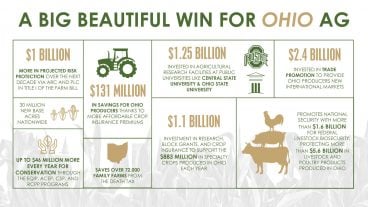
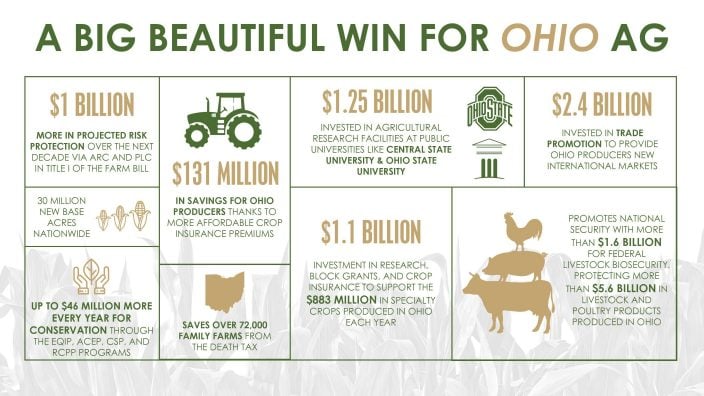
Overall, $65.6 billion from this aid package is projected to increase agriculture-focused spending over the next decade.
Read More

Ohio Farm Bureau brought forth 10 policies to be voted upon by delegates at the American Farm Bureau Annual Convention in Anaheim earlier this week, and all 10 were approved as national policy.
Read More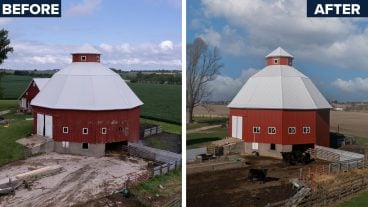
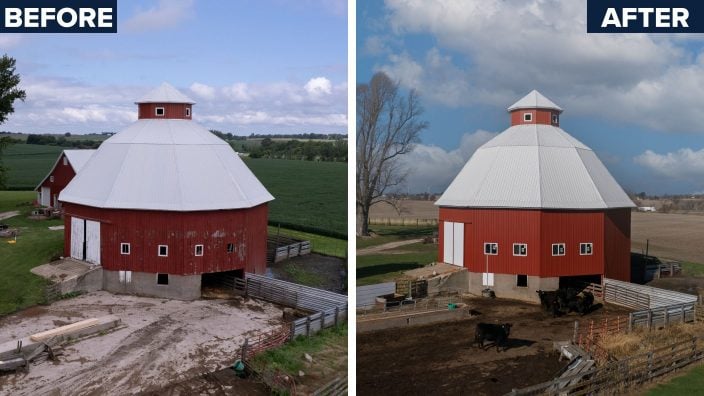
For property owners with aging post-frame buildings, the new year is an ideal time to rethink the future of your pole barn.
Read More